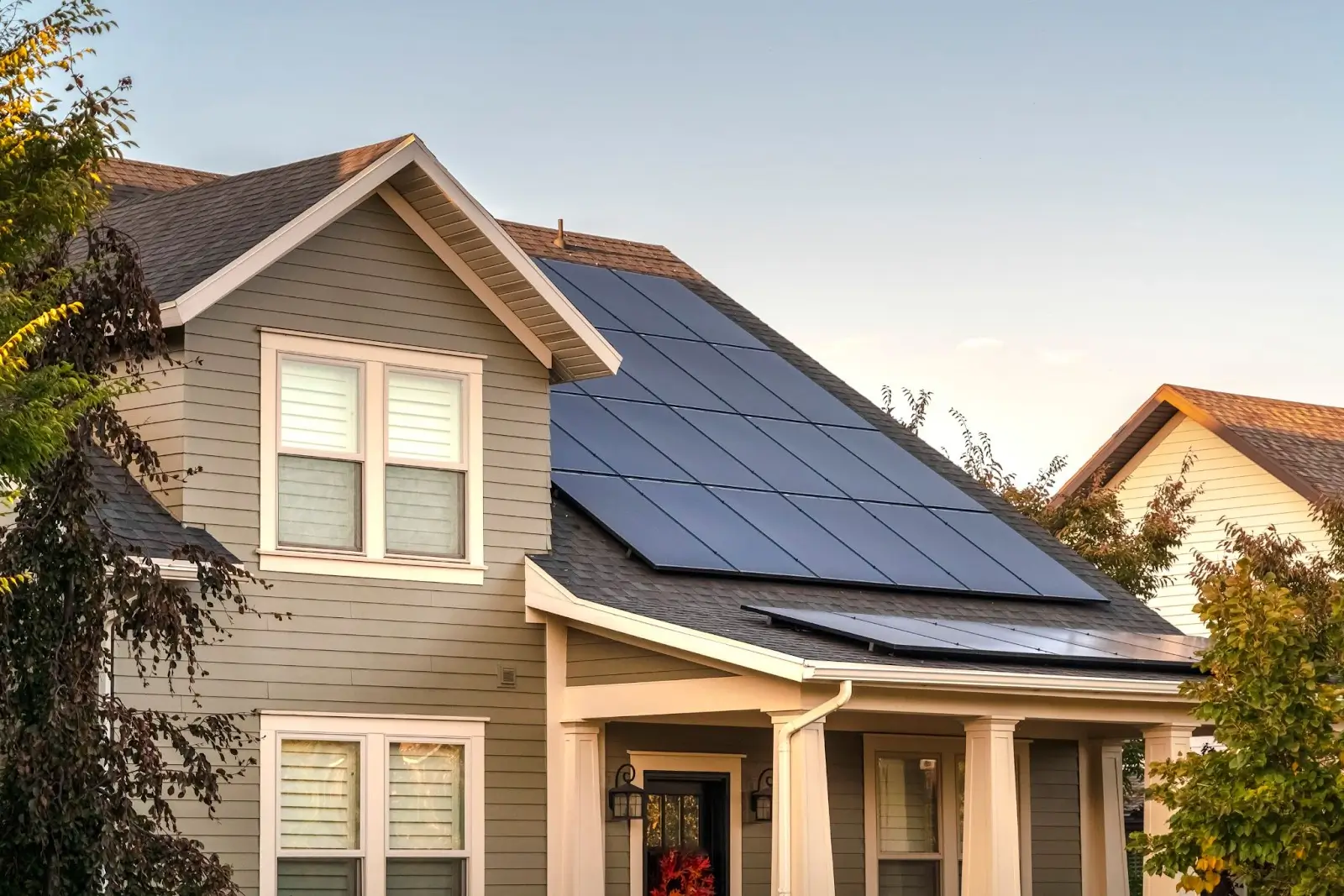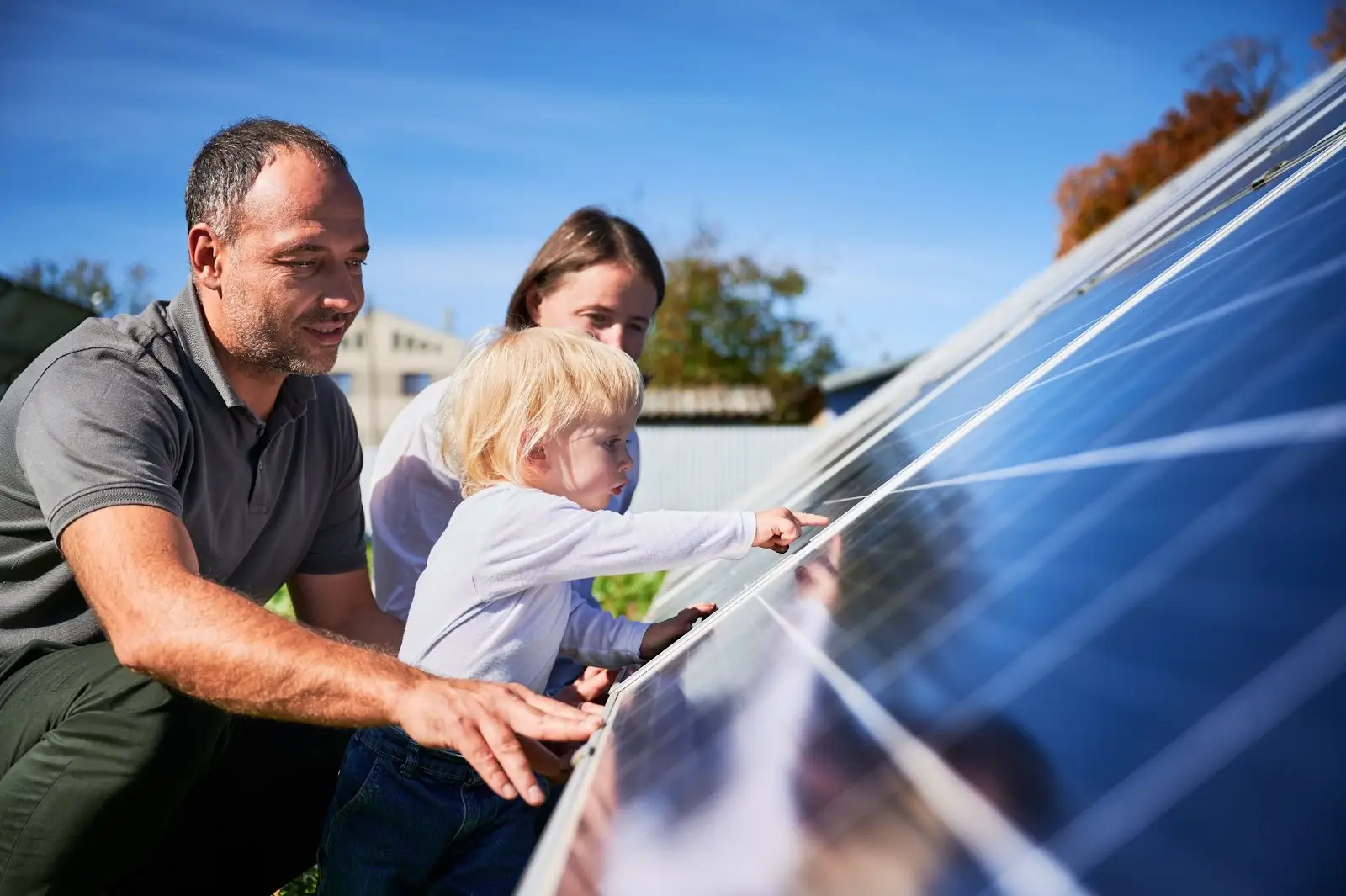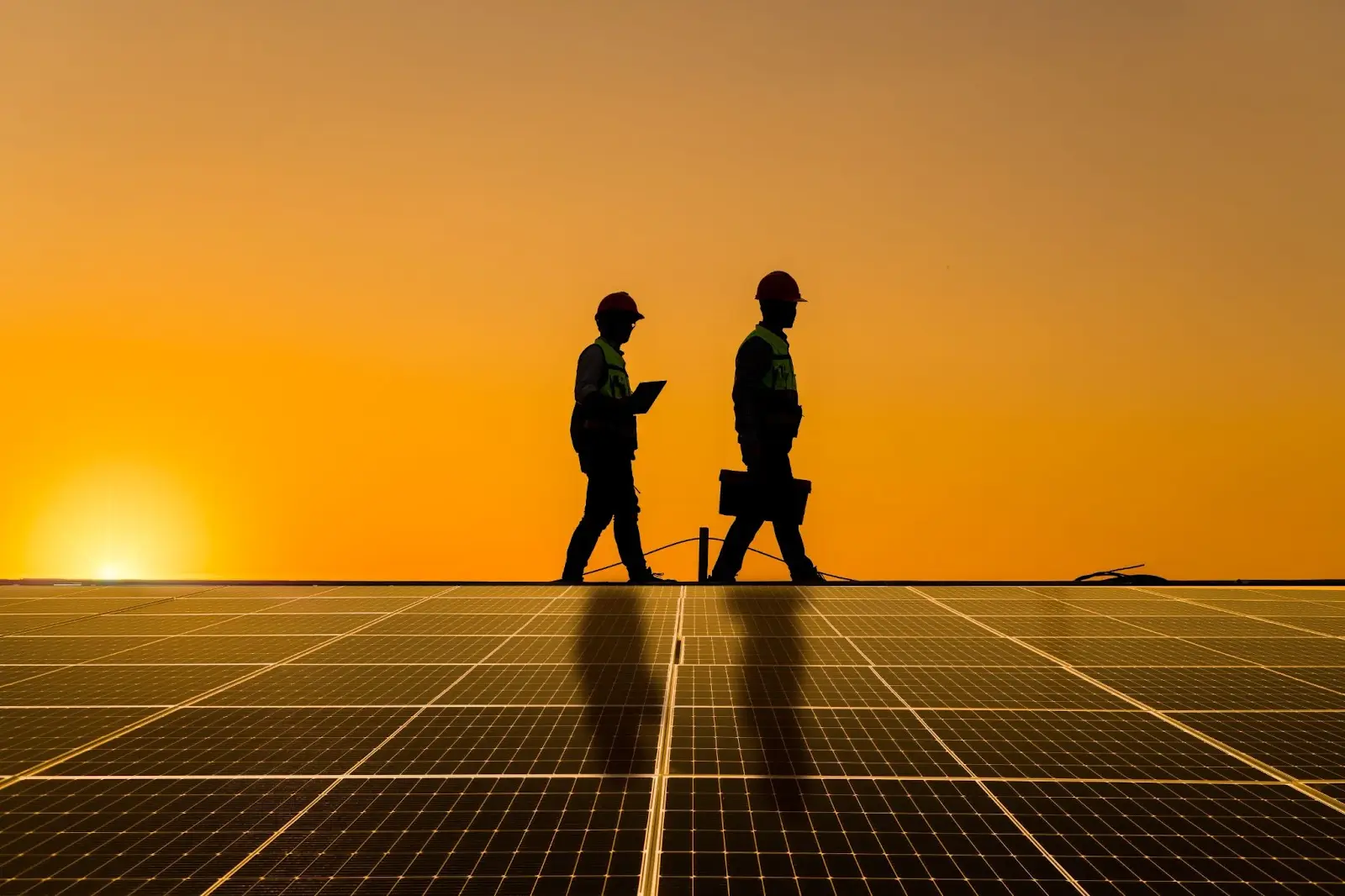As solar energy becomes more popular and accessible, many homeowners in North Carolina are considering installing their solar panels.
With the potential to save money on energy bills, it’s no wonder a do-it-yourself (DIY) solar is an attractive option.
However, weighing the pros and cons is essential before embarking on a solar installation project.
The Pros of DIY Solar Installation for Homeowners in North Carolina
There are several advantages if you’re considering installing your solar system as a homeowner in North Carolina. Here are some of the top benefits:
Save on costs
One of the most significant upsides of installing your solar system is cost savings. By generating your energy, you can reduce or even eliminate your reliance on the grid, lowering energy bills in the long run.
The fee for solar panels has decreased significantly, making it more affordable for homeowners to invest in their systems. By installing your solar system, you can save thousands of dollars over the system’s lifetime.
Full control of the installation
Another advantage of DIY solar installation is having more control over the entire process. This means you can choose the components and equipment you want to use and customize the system to fit your energy needs.
You can also monitor the installation process closely and ensure everything is done satisfactorily. This level of control can give homeowners peace of mind and a sense of ownership over their solar system.
Enjoy incentives and rebates
Several incentives and rebates are also available for homeowners who are keen on installing solar panels for houses in North Carolina. For example, the state offers solar tax credits and rebates that can provide a federal solar tax credit of 30%. It’s not a tax refund but an actual reduction to your taxes equal to 30% of your solar installation costs.
You may also generate excess energy from their solar system and sell it back to the grid through net metering, which helps offset the cost of the system even further. Installing your solar system may make you eligible for these and other financial benefits.
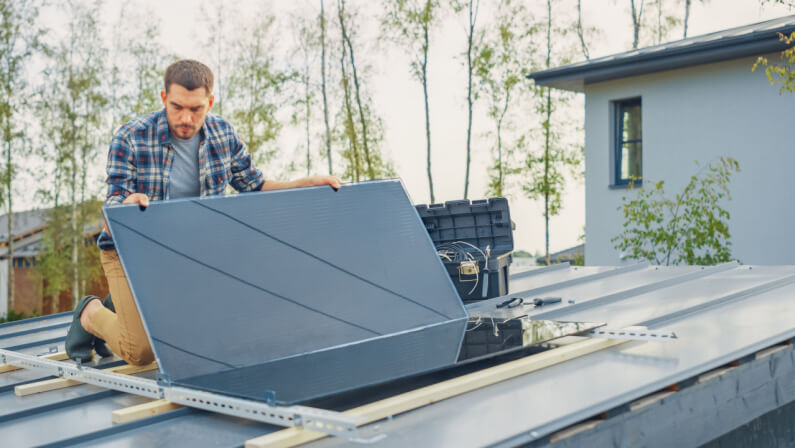
The Cons of DIY Solar Installation for Homeowners
While there are several advantages to installing your solar system, there are also some potential drawbacks to consider. Here are some of the cons of DIY solar installation:
Complexity in installation
Although you may get complete control of the process, installing a solar system is a complex situation to deal with as it requires specialized knowledge and skills.
If you need to become more experienced with electrical work, ensuring your system is installed correctly and safely may be difficult.
Moreover, if you’re unfamiliar with building codes and regulations, you may need help to obtain the necessary permits or ensure that your system is up to code.
Issues on safety
There are also safety concerns associated with DIY solar installation in North Carolina. Solar panels generate electricity, which can be dangerous if not handled properly.
Accidents involving electrocution or falls from rooftops are not uncommon during solar installation. It’s essential to take the necessary safety precautions and use the proper equipment to ensure the installation process is safe for you and anyone involved.
Concerns with warranties and insurance
Finally, you may have insurance and warranty issues if you install your solar system. Some insurance companies may require that the installation be done by a licensed contractor to be covered.
If you damage your roof or solar panels during installation, you may not be covered by your warranty.
It’s important to scrutinize the fine print and understand the potential risks before embarking on a DIY solar installation project.
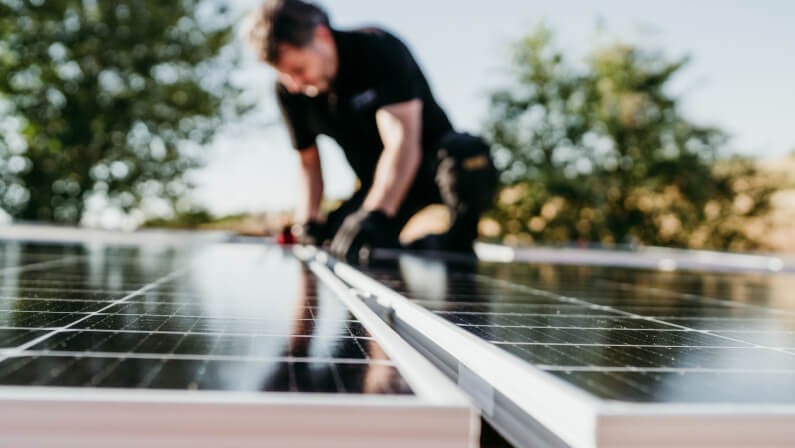
North Carolina’s Laws and Regulations for DIY Solar Installation
North Carolina has established laws and regulations for solar installations, including those that homeowners install. Here’s an overview of some of the fundamental rules:
Inspection regulation and permit requirements
Homeowners who wish to install residential solar in North Carolina must obtain the necessary permits and pass inspections to ensure that their systems meet state and local regulations.
The process includes obtaining electrical and building permits and complying with fire and structural requirements.
Homeowners must also have their solar systems inspected by a licensed inspector to ensure they meet safety and performance standards.
Restrictions on DIY solar installation
While homeowners are allowed to install their solar systems, some restrictions exist.
For example, homeowners can only install solar systems that exceed a specific size or output limit with a contractor’s license. They are also only allowed to install solar systems connected to the grid after obtaining approval from their utility company.
Complying with state and local laws, homeowners can ensure that their solar systems are safe, efficient, and up to code.
What are the Alternatives to DIY Solar Installation for Homeowners in North Carolina?
While DIY solar installation may be a viable option for some homeowners in North Carolina, there are also alternative options to consider. By exploring these options, homeowners can find a solution that meets their energy needs and budget while supporting a more sustainable future.
Here are some of the alternatives to DIY solar installation:
Finding a Reliable Professional Solar Contractor
One alternative to installing residential solar panels is to hire a professional solar contractor. A contractor can ensure that your solar system is installed safely and up to code and can provide guidance on choosing the right components and equipment for your needs.
Many contractors offer financing options that can help make a solar installation more affordable.
Solar Programs for Community
Community solar programs are another option for homeowners who want to invest in solar energy but are willing to install their systems.
With a community solar program, homeowners can purchase or lease a share of a larger solar installation owned and operated by a third party. This allows homeowners to benefit from solar energy without the expense and hassle of installing their system.
Solar Leasing and Power Purchase Agreements
Homeowners can also consider solar leasing and power purchase agreements (PPAs). With a solar lease, homeowners pay a monthly fee to lease a solar system from a third party.
At the same time, a PPA allows homeowners to purchase the energy generated by a solar system without owning the equipment itself.
These options can be a good choice for homeowners who want to benefit from solar energy without the upfront installation costs.
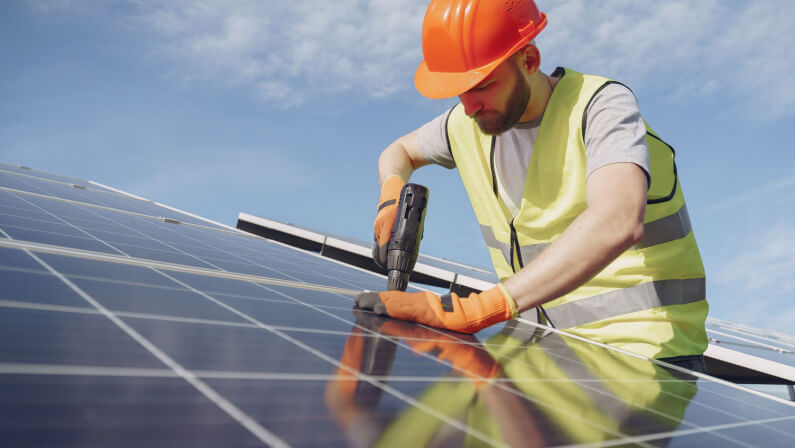
Let the Pros Handle Your Solar System Installation
DIY solar installation can be cost-effective and rewarding for North Carolina homeowners to harness the sun’s power. However, it is crucial to consider the potential risks and limitations associated with DIY solar installation, and homeowners should carefully evaluate their level of expertise and comfort with electrical work.
To ensure a safe, efficient, and hassle-free solar installation, homeowners may consider partnering with a professional solar contractor.
Construct Sun is a leading solar energy company specializing in designing and installing custom solar systems for homeowners in Raleigh, North Carolina. Our team of expert technicians has the knowledge and experience to provide high-quality solar installations that comply with state and local regulations.
By partnering with us, homeowners can enjoy various benefits, including expert guidance on choosing the right components and equipment for their needs, competitive pricing and financing options, and ongoing support and maintenance to keep their solar system running smoothly.
Whether you install your solar system or work with a professional contractor like Construct Sun, investing in solar energy can be an innovative and sustainable choice for homeowners in North Carolina.
Contact Construct Sun today to learn more about our solar system installation services and how we can help you switch to solar power.


